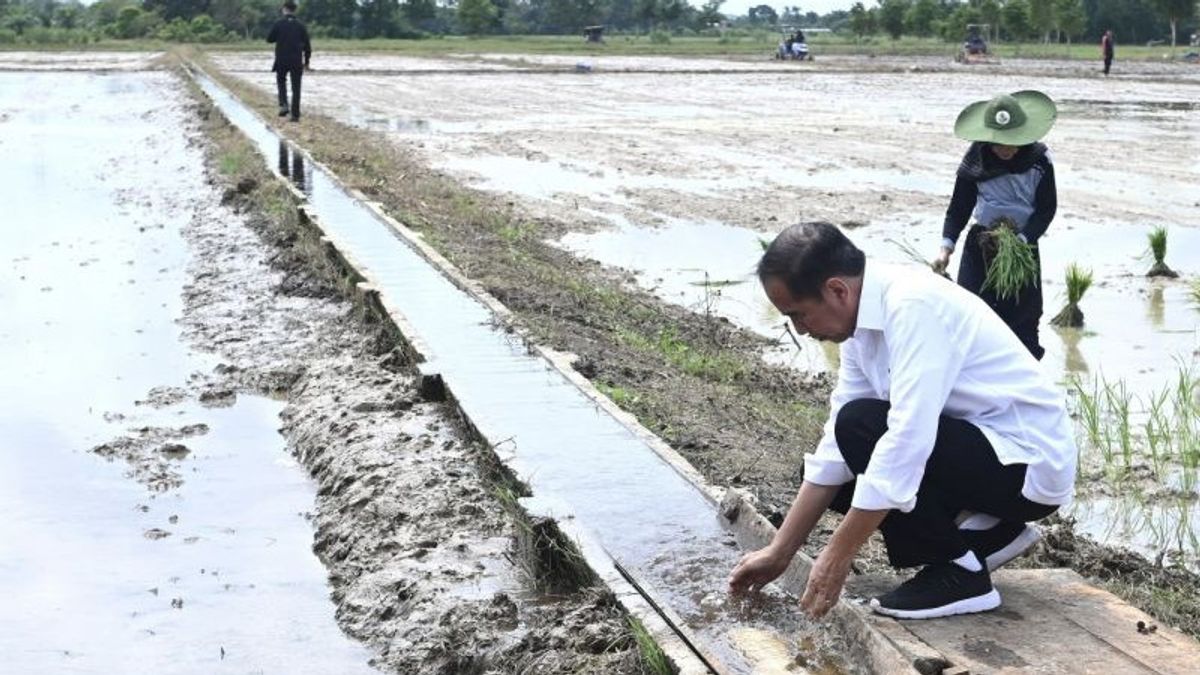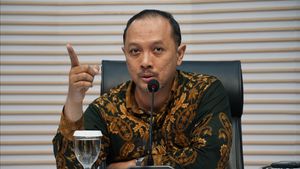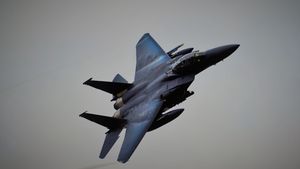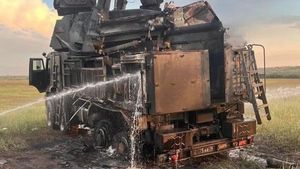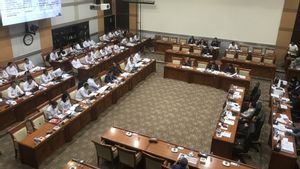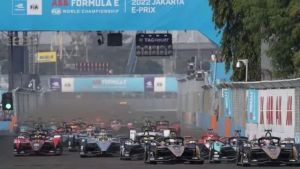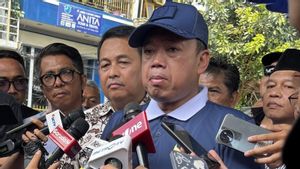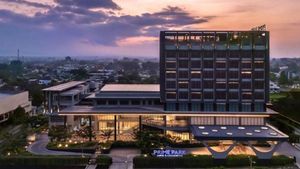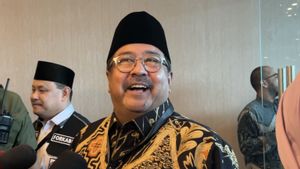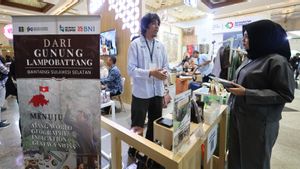JAKARTA - President Joko Widodo (Jokowi) asked the Ministry of Agriculture to increase pump assistance to 70 thousand units for rice fields and agriculture as a mitigation of drought that is predicted to hit from July to October 2024.
The statement was made by the President after directly reviewing the pumping program in Bapeang Village, East Kotawaringin Regency, Central Kalimantan, Wednesday, June 26.
"Many countries that previously exported rice have become used for themselves. Our country is also the same, the forecast from the BMKG will be in July, August, September, October and hopefully there will be a heat wave, drought, which must be anticipated," he said as quoted by ANTARA.
The President said pumping was important to anticipate a decline in national rice production, when all countries were affected by heat waves and long droughts.
The Head of State said that he would increase pump assistance from 20 thousand units to 70 thousand units through the Ministry of Agriculture to various rice-producing regions in Indonesia that have the potential to be affected by heat waves.
"What for? Yes, like this, the water under the rice fields is a bit upward, it can't go up because there are no small things, pumps. But this is very crucial," he said.
For the East Kotawaringin region, the government has distributed 31 pump units which are currently only able to irrigate 435 hectares out of a total of 7,600 hectares of potential rain fields in the local area.
SEE ALSO:
The President said the Ministry of Agriculture would seek to meet the overall pumping needs to ensure that all areas could be fulfilled.
The President and his entourage reviewed the implementation of pump assistance in Bapeang Village, East Kotawaringin Regency.
Jokowi also interacts directly with farmers. According to local farmers, the existence of pumps has allowed an increase in harvest frequency.
"Yes, what used to be two harvests could be three. Previously, one harvest could be two or three," said the President.
The President also said that East Kotawaringin has an important role as one of the food buffers for the capital city of Nusantara (IKN) in the future.
According to him, if rice production in the surrounding district increases, the surplus will be brought to IKN.
"If later the index rises from what is usually harvested once to three times, it means that there is an excess production, from there it will be brought to IKN. Not only East Kotawaringin, but also other regencies that are overproduction," he said.
The English, Chinese, Japanese, Arabic, and French versions are automatically generated by the AI. So there may still be inaccuracies in translating, please always see Indonesian as our main language. (system supported by DigitalSiber.id)
